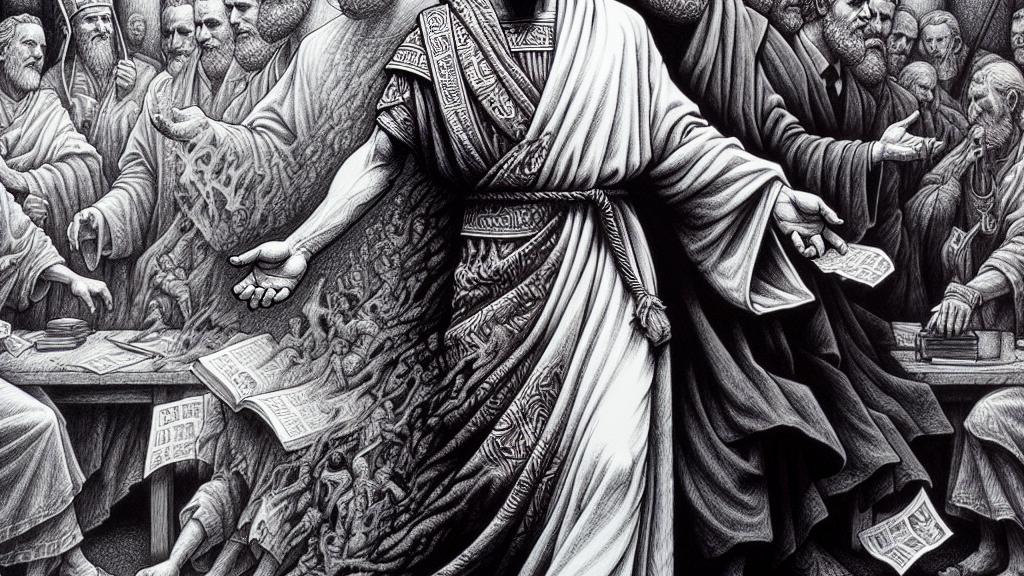The Fall of Trust: William Ruto and Kenya's Evangelical Community
Overview
- President William Ruto, once the darling of Kenya's evangelical electorate, now contends with intense scrutiny and backlash.
- His recent tax hikes have fueled widespread protests and growing discord among religious leaders.
- The Catholic Church's decisive rejection of Ruto's substantial donations symbolizes a profound shift in the political-religious landscape.

Political Capital and Religious Support
In Kenya, President William Ruto’s political saga is a fascinating tale woven through the threads of faith. Initially embraced by evangelical communities—where he was affectionately dubbed 'David' for his perceived leadership qualities—Ruto effectively rode the wave of religious sentiment to emerge victorious in the elections. His relentless attendance at various church services—from lively evangelical gatherings to solemn Catholic masses—helped cultivate an image of a leader closely aligned with his nation's Christian majority. However, as his administration has implemented steep tax increases, perceived as a betrayal by many citizens, he has swiftly transformed in their eyes from a hopeful savior into something more akin to Zacchaeus, the despised tax collector, undermining the trust he once held.
Churches Criticize Ruto's Policies
The backlash against Ruto’s administration surged, manifesting through vibrant protests where Kenyans rallied against the increased taxation that many felt squeezed their already limited resources. Church leaders, previously his staunch allies, began to break their silence, expressing profound disappointment with the president’s precarious policies. Among the most vocal were the Catholic bishops, who launched a vehement critique of the government's approach, accusing it of fostering a 'culture of lies' and overlooking the pressing issues plaguing the populace. This intense scrutiny reached its peak when Archbishop Philip Anyolo decided to return a substantial donation made by Ruto, a striking move that resonated deeply with many, symbolizing the church’s commitment to uphold its moral compass amidst the murky waters of political maneuvering.
A Turning Point for Faith in Politics
The Catholic Church's bold decision to reject and refund Ruto's financial contributions marks an extraordinary turning point for the role of faith in Kenyan politics. This act not only garnered widespread public admiration but also ignited discussions about the ethical responsibilities of religious institutions in political settings. Citizens applauded the church, hoping it could lead a movement away from political entanglements, echoing sentiments that other denominations should follow suit. In a climate rife with accusations of corruption and rising living costs, this demonstration of integrity by the church serves as a rallying cry for accountability, urging politicians to respect the sanctity of spiritual institutions. By ensuring that places of worship remain free from political exploitation, the Catholic Church is not just reclaiming its authority; it’s also commanding a new era where morality guides governance, fostering hope amongst an anxious populace.

Loading...